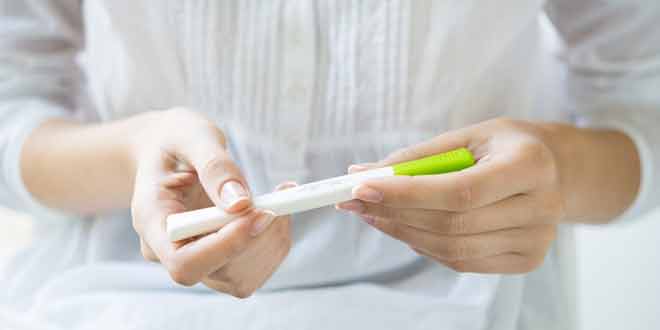
Possible Reasons Why You are Not Getting Pregnant
According to Babycentre, an estimated one in seven couples has difficulty getting pregnant. There are several reasons why a couple may face such difficulty, some genetic and some lifestyle related. Luckily, the majority of these reasons can be overcome by specific treatment. The first step to receiving such treatment, of course, is to recognize the problem. While there are some obvious indicators of infertility such as irregular periods or severe cramps, most causes are silent.
Here are some of the major reasons why you may be having difficulty getting pregnant.
1. You haven’t been Trying for Long Enough
Most couples don’t conceive right away. According to the US based fitness blog Verywell, 80 percent of couples don’t conceive within the first six months of when they start trying. 90 percent tend to get pregnant within about one year–assuming they have well times intercourse each month. So, if you feel like you’ve been trying forever, don’t be discouraged! You should only consider contacting your doctor if you’re under the age of 35 and have been unsuccessful at conception for over a year.
To make sure your efforts are effective, it may be a good idea to start monitoring your menstrual cycle to determine what time of the month you may be most fertile.
2. The Male Factor
The leading cause of infertility in healthy individuals is called the ‘male factor’–accounting for more than 30 percent of infertility problems. It is characterized by a small sperm count and low sperm motility. It is usually impossible to diagnose male related causes of infertility without a semen analysis. So, if you believe this may be the problem, then it’s probably time to visit the doctor. Depending on the exact cause of infertility in males (and there are a wide range of causes and types), different treatments are available. These can include orally administered pills, surgery or in vitro fertilization in extreme cases.
A potentially major cause of infertility in males that is currently being investigated is the practice of carrying a cell phone in the hip pocket, near the genitals, or placing a laptop directly on the lap, rather than on a table. Most preliminary studies have shown a correlation between DNA damage in sperm and the electromagnetic radiation emitted from such electronic devices.
3. Endometriosis
Endometriosis is a common, chronic reproductive disease. Its symptoms include heavy and painful periods and pain during intercourse. This condition can be cured by a simple surgery.
4. Ovulatory Disorders
Ovulatory disorders are the leading cause of female infertility–occurring in almost 30 percent of infertility cases. It simply refers to any condition in which ovulation fails to occur on a regular basis.
Irregular periods are a tell-tale sign of ovulatory disorders although such disorders are often silent as well.
Polycystic ovarian syndrome is an extremely common reproductive disease in Pakistan that often goes undiagnosed. It is characterized by the formation of small cysts on the ovaries and thus classifies as an ovulatory disorder. It has several symptoms–including acne, excessive body hair growth, and irregular periods. The severity level of its symptoms varies greatly among its patients.
5. Age
All eggs and therefore all potential babies a woman can conceive are present in her ovaries since birth. After puberty, the quality and quantity of a woman’s eggs begins to decrease. After the age of 35, women tend to have difficulty conceiving and the risk factors of their pregnancy also increases. The only solution to age related infertility is in vitro fertilization.
6. Other Underlying Medical Problems
Reproduction has everything to do with hormones. Any condition that disrupts the normal balance of hormones in your or your partner’s body can reduce the chances of conception. This includes severe medical issues such as autoimmune diseases; moderate ones like thyroid disorder and diabetes and even mild, temporary conditions such as depression, anxiety, excessive weight gain, or loss and even smoking.
On the whole, maintaining a healthy diet and lifestyle can improve chances of conception.

